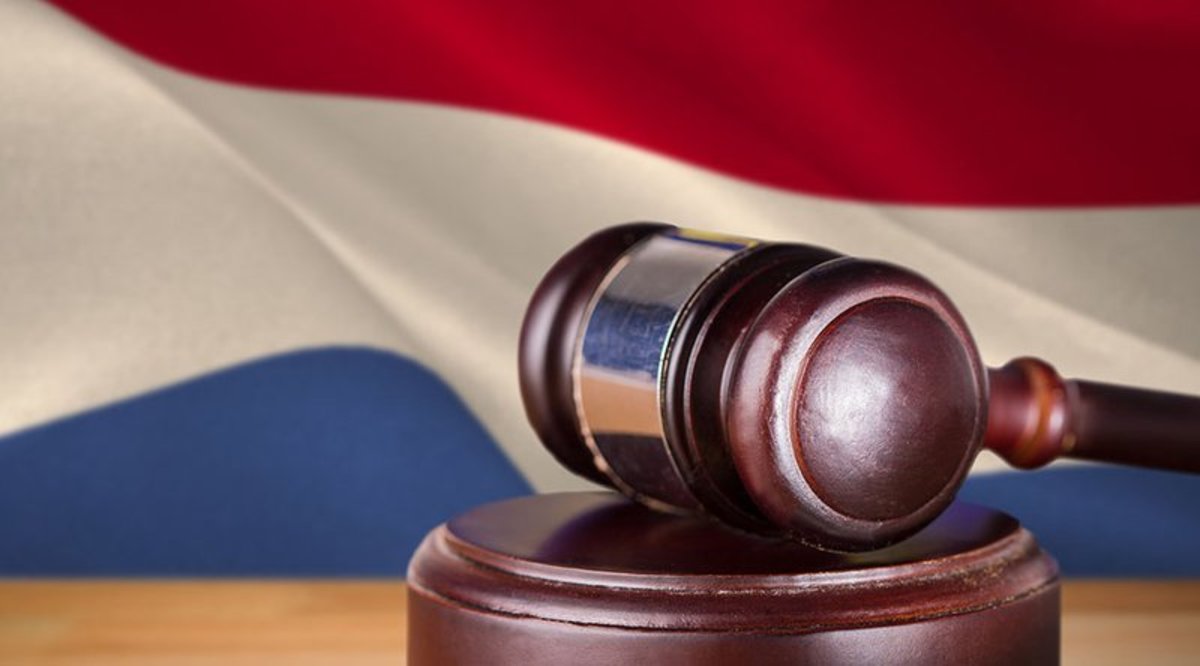
In November 2016, a Dutch cryptotrader tried to buy his first 10 bitcoin, first using funds from his ING bank and later from ABN Amro. Both banks denied the transactions. He subsequently filed a complaint with Kifid (Financial Services Complaints Institute), a resource that mediates between consumers and small businesses when there are complaints about financial products or services.
According to the complaint, the banks claimed the man’s transactions were denied due to fraud prevention measures. It argued, however, that fraud prevention isn’t the reason why ING and ABN denied the transactions. Instead, the complainant accused both banks of blocking his accounts for commercial reasons that were concealed as fraud prevention measures. ING and ABN Amro denied the accusation.
The aspiring trader filed suit for €43,220 (~$50,000). He arrived at this figure by projecting the gains he would have realized if he bought bitcoin at €330 (~$385) and sold at €2,500 (~$3,000 USD).
The Kifid ruling states that it does not consider this lack of ability to trade in any way relevant. Even if the banks refuse to perform a service, it isn’t their responsibility to compensate clients. In addition, the ruling states that the complainant failed to demonstrate that the acquisition of bitcoin was rendered impossible because of the actions of the banks: He could have tried to work with another bank.
Both ING and ABN claimed that once the block had been lifted on his account, he could have purchased the bitcoins. They both claim that the unblocking of the account was delayed for security reasons and the fact that the customer had set their account preferences to deny telephone contact.
Ultimately, the ruling determined that the potential bitcoin trader had no one to blame but himself for not securing the 10 bitcoin and realizing any potential profits.










